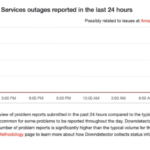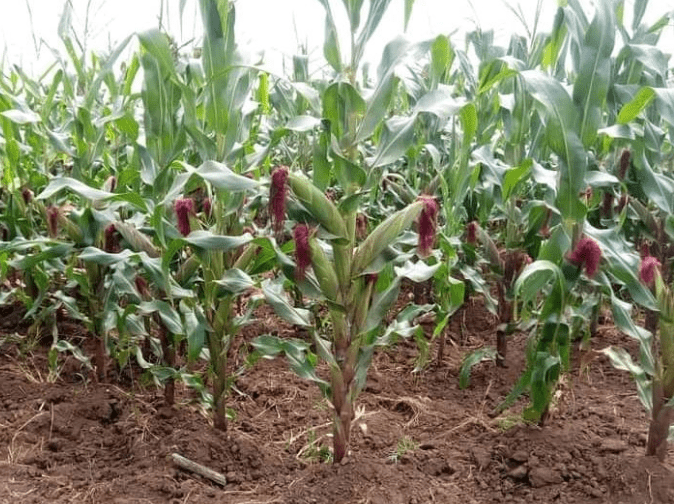PLO Lumumba gave a review on analysis of NGO’s impact on African Poverty and specifically Kenya, where he is based.
Do you know, there are NGOs registered in Kenya to end Poverty? Member countries, along with stakeholders and development partners like World Bank and IMF, registers Poverty Reduction Strategy Papers (PRSPs). These papers detail the county’s plans for economic growth, poverty reduction and external financing needs.
With all well planned strategies, still many people are seeing better lives and economies. More than 10% of the world’s population still lives on less than minimum earning in a day. Fast population growth keeps individuals, communities and whole countries trapped into poverty.
READ ALSO:
- How Marijuana Impacts Pain, Sleep, Anxiety And More
- Bloodshed in the Ethiopia-Amhara: Death Toll to 183
- Prof, Lumbumba. Why African so attractive, yet so poor
When Ghana’s Kwame Nkrumah spoke his famous words, “Seek ye first the political kingdom and rest will come later,” He likely intended that achieving political independence was just the initial step. This step would empower African countries to leverage their human and natural resources. Ultimately leading to the attainment of social- economic growth.
Now the question is, why poverty persist in Kenya till date? Listen to P.L.O Lumbumba speech. Criticizing the NGOs continues supports and sense of security.
However, even after 50 years of Kwame Nkrumah memorable words. African still find itself on the outskirts of progress. Despite some claiming the 21th century offers abundant opportunities, African faces various challenges. Achieving success necessitates patience, persistence and perseverance. I hold the belief that African will ultimately claim its deserved position in the global development arena, driven by the three compelling factors.
Primarily, Africa exhibits promising indications of growth and democracy. Secondly, business investments actively contribute to enlarging the continent’s economy. Lastly, the rise of public-private partnerships in African business and social investments is fostering substantial change.
Other factors includes, change in family structure, particularly the doubling of the percentage of families headed by a single women. It can be attributed to a 3.7% point rise in poverty rates. This increase surpasses the entire elevation in the poverty rate. Which has occurred from 10.7% to 12.8% since 1980.










